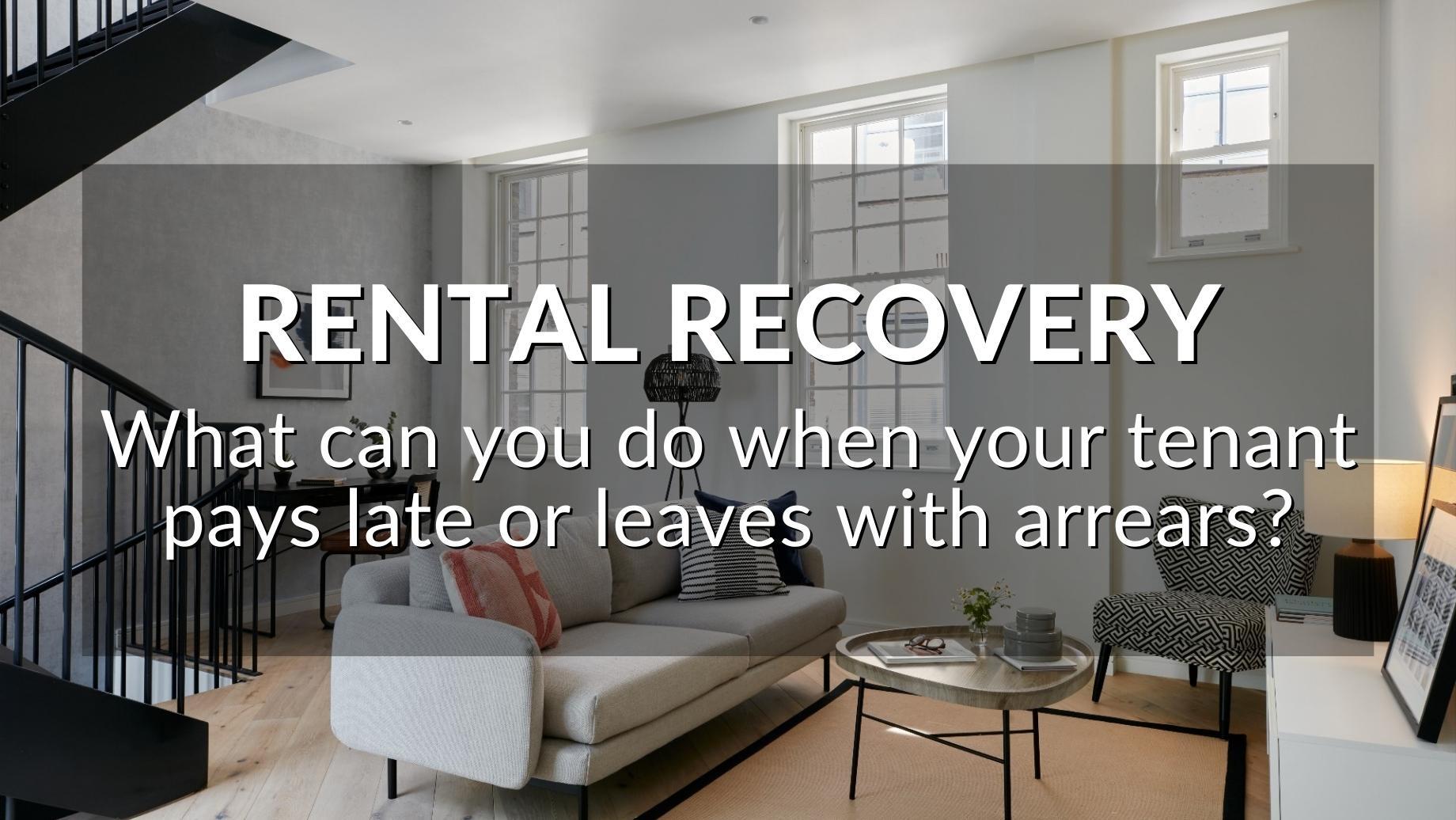
Owning one or more buy-to-let homes is the dream of many people. The idea of passive income, financial security and building a comfortable retirement is an inviting prospect that, for many landlords, has led to a complete change of lifestyle and career.
Alongside all the headline benefits are many things to consider before embarking on the journey. There's plenty of legislation to keep on top of to ensure your rental homes stay compliant with every change in the law, and it's also important to remember that being a landlord means running a business.
A bit like a romantic relationship, the beginning is the easy bit – buying a property is just the start and, once you've picked up the keys, the real work begins. You'll learn all sorts of things about yourself, not least when things don't go to plan.
So, let's take a look at some of the aspects of starting, building and managing a rental portfolio so you can decide whether being a landlord is something for you.
RESEARCH
Knowing the local marketplace is the foundation to being a successful landlord.
Having a handle on which streets rent well, the sort of people they attract (families, sharers, couples, singles), the level of demand and the rents being achieved are crucial components in focusing your search.
Whatever location you choose, there's some essential legwork in making sure the home you have your eye on will make a sound rental investment, and that means putting in the hours.
As well as looking at listings online, going for a wander to get a real feel for the neighbourhood will help you identify suitable properties faster and give you more comfort in committing to a purchase.
NETWORKING
Although almost every available property appears on the online portals, there's little to beat approaching estate agents direct and forging relationships.
Most enquiries come in by email, but most estate agents would much rather talk than type, so picking the phone to introduce yourself is a great start in standing out from the crowd and being remembered.
Any successful property investor will tell you that staying in touch with local estate agents is key to demonstrating commitment and finding out about new property listings first. It's remarkable how few landlords do this, but if all you do is wait around for an email alert, you'll just be another name on a list.
Identify the best local agents for the type of property you're interested in, then put in some time to develop a relationship and trust. Showing them how serious you are, giving them a clear picture of what you're looking to buy and being a regular friendly face (or voice) will really pay off.
FINANCIAL MANAGEMENT
Being a landlord is a business, and all businesses require a degree of financial management.
First and foremost, having your finance agreed should be your main priority before you even start viewing. Estate agents need to make sure that whoever they introduce to a property is in a position to move, and having the money in place will make you a better prospect.
After that, you need to consider all the costs of owning a rental property: everything from mortgage repayments and insurance policies to a rainy-day fund for regular maintenance and urgent repairs. Check that all the numbers stack up for you to keep your property in good shape.
It's not essential to be a financial wizard, but plenty of landlords come unstuck by not having anything in place to deal with the unexpected. Always keep your focus on achieving the highest rent, minimising vacant days and protecting the long-term value of your investment.
COMMUNICATION
The way you talk to people and handle their concerns will directly impact your experience of being a landlord, from the calls, emails, and texts you make to the ones you receive.
How do you react when things don't go to plan? As a landlord, you need to be the calming influence who puts your tenants' minds at rest when something goes wrong. To coin a phrase: can you keep your head when those about you are losing theirs?
It's all about managing expectations. Your tenants need to feel looked after and informed, which means adopting a caring tone when they call, reassuring them that you'll get onto the problem straight away, and then staying in touch over progress.
When will a contractor visit? Is nobody at the service centre answering the phone right now? Will there be a delay in finding a spare part? Has the engineer actually turned up? All of these need to be relayed to ensure your tenants aren't left wondering if you've forgotten them.
Communication is incredibly important to everyone, but it's easy to fall short when it comes to keeping people informed. Remember that not knowing what's happening can turn into a bigger frustration than the problem itself.
ORGANISATION
Owning a buy-to-let property comes with obligations for a landlord - and expectations from tenants – in keeping a home comfortable and legally compliant. So, an excellent question to ask yourself (and to answer honestly!) is how organised you are.
There's a difference between looking after the home you live in and dealing with problems that come up somewhere else. Organising repairs and maintenance between tenants and contractors requires time and effort, and not always at a convenient moment.
A good start is to schedule annual safety checks, regular maintenance, servicing contracts, policy renewals, and mid-tenancy inspections in advance. You want as much running like clockwork as possible to reduce thinking time and minimise the chances of forgetting an important date.
You also need contractors to call so you can attend to problems quickly and maintain good relations with your tenants. At a basic level, having a reliable electrician, plumber, gas engineer and general handyman in place will save frantic phoning around at the last minute (and avoid the uncertainty of who might turn up).
It's worth deciding at the outset whether you'd like to be fully hands-on, or if you'd prefer a managing agent to take care of things for you.
FINAL WORDS
There's a lot that goes into being a landlord, but you don't need to do everything yourself. In fact, you can stick to the fun stuff like looking at homes, then outsource everything else for a truly passive income.
We've helped many landlords in the Harborne, Edgbaston and the surrounding areas to start and build a successful lettings portfolio, and we'd love to help you too. Call us on 0121 427 4777 or email info@truemanestates.co.uk for a friendly, expert chat about where to go from here.









